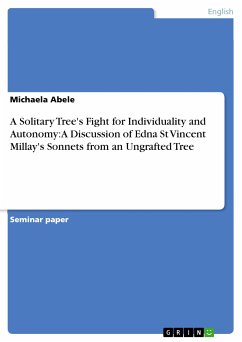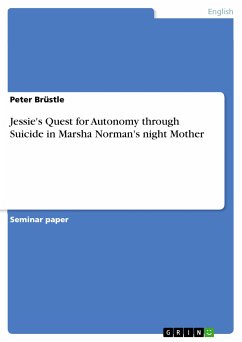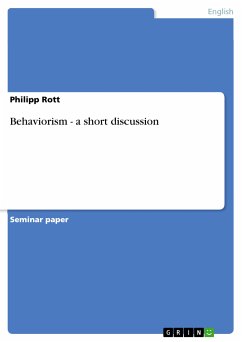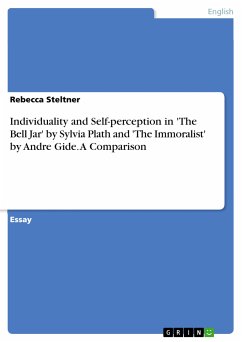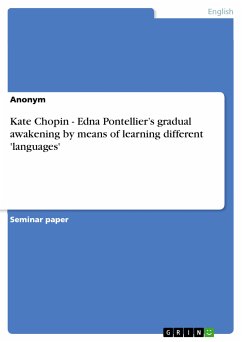Seminar paper from the year 2004 in the subject American Studies - Literature, grade: 1,3 (A), University of Stuttgart (American Studies), language: English, abstract: Mankind is known for making the world subject to itself, mankind has gotten itself involved in every imaginable aspect of life. We believe ourselves to govern nature: We build artificial islands, we try to defeat diseases and death, we experiment with genetics to create new life according to our ideals – not yet the lives of human beings, but those of plants and animals. For centuries our ancestors have been selecting suitable cows and bulls for reproduction in order to get promising breeds; they have been mingling different varieties of corn to receive better harvests, to name but a few examples. Another method of changing plants into another variety is grafting, a process that is not primarily used to change genetics, but to combine features of several plants into one. “Grafting is a way to change a large tree from an old to a new variety. It is also a method of using a root system better adapted to soil or climate than that produced naturally by an ungrafted plant” (Rothenberger, 1). Edna St Vincent Millay suggests in her poem Sonnets from an Ungrafted Tree that women in the previous century had to bear a very similar fate to that of a tree to-be-grafted: Society wanted women to be housewives, to obey and represent their husbands, to care for the family and to forget about any ideas of developing their selves – as soon as this would go beyond housekeeping. Therefore, women were brought up to put aside their own interests and to be good wives and housekeepers; they were brought up to adapt to social restrictions, just like a tree is grafted to better adapt to a certain environment, cut short of all branches that would develop in another direction. However, the protagonist in Millay’s poem rejects the traditional role of a housewife; she tries to escape and fights for individuality and autonomy in opposition to being grafted. [...]
Bitte wählen Sie Ihr Anliegen aus.
Rechnungen
Retourenschein anfordern
Bestellstatus
Storno

